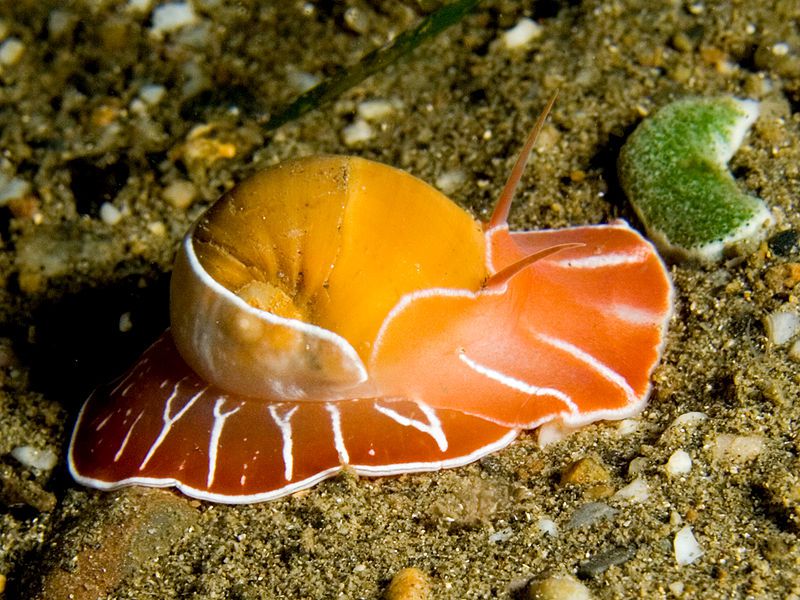-
 Volcanic rock
Volcanic rock
-
 Inference engine
Inference engine
-
 Drone
Drone
-
 Markings
Markings
-
 Proteolysis
Proteolysis
-
 Polymerisation
Polymerisation
-
 Haem
Haem
-
 Boot
Boot
-
 Galvanic corrosion
Galvanic corrosion
-
 Rotterdam Convention
Rotterdam Convention
-
 Ecology
Ecology
-
 Impregnation
Impregnation
-
 Bladder
Bladder
-
 Treponema pallidum
Treponema pallidum
-
 Ecliptic plane
Ecliptic plane
-
 Transplantation
Transplantation
-
 Coverts
Coverts
-
 Unknown
Unknown
-
 Solar energy
Solar energy
-
 Orion
Orion
-
 Fennel
Fennel
-
 Ductule
Ductule
-
 Boson
Boson
-
 Gene therapy
Gene therapy
-
 Beaufort scale
Beaufort scale
-
 Flexography
Flexography
-
 Fissure
Fissure
-
 Elongated facies
Elongated facies
-
 Epigenesis
Epigenesis
-
 Tropical year
Tropical year
Malacology
Malacology (from the Greek word malakos, soft) is the science that studies molluscs. Malacology is used in agriculture for heliciculture (snail farming), in palaeontology and archaeology for reconstituting paleoenvironments, as well as in ecotoxicology.
Molluscs are, in fact, able to bioconcentrate elements present in a very low concentrations, such as certain pollutants, and to store them in their bodies, shells or excrement.
Furthermore, the study of mollusc shells (layers of growth, chemical composition, isotopes) reveals a lot of information on the environment in which these organisms live, or lived.
Learn more about this subject in the Mollusc shells: history of the environment File
 Naticarius orientalis is a marine mollusc that lives on the coast of East Timor. It is a nocturnal mollusc that spends its days under the sand. Note the lively colours of the mantel that covers its shell. © Nick Hobgood CC by-sa
Naticarius orientalis is a marine mollusc that lives on the coast of East Timor. It is a nocturnal mollusc that spends its days under the sand. Note the lively colours of the mantel that covers its shell. © Nick Hobgood CC by-sa
Latest
Fill out my online form.



